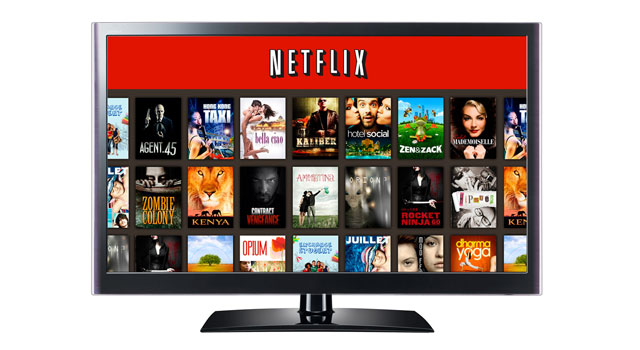
A local network neutrality policy could boost the market dominance of international streaming providers such as Netflix, says an expert.
Net neutrality is the concept of treating all Web traffic equally. It further involves website owners and consumers not having to pay extra for a fast lane on the Internet.
The South African government has previously highlighted the importance of an open, equitable Internet as part of a review of national information and communications technology (ICT) policy.
“Everything has to be done at a policy level to ensure that a new digital divide is not created,” the department of telecommunications & postal service’s Joe Mjwara said in parliament earlier this year.
But Denmark-based research firm Strand Consult has found that an equitable Internet has had unintended consequences.
“We find in countries with hard net neutrality rules that Netflix maintains a top position as a most favoured app,” said Strand Consult vice-president Roslyn Layton. “No local or other competitor threatens their position. Even companies that try to zero-rate their video app don’t touch Netflix’s dominance.”
Netflix is intent on expanding its market and rumours are circulating that the company will officially enter South Africa next year.
Local players such as Times Media Group’s Vidi, Naspers’ ShowMax and MTN’s FrontRow have all launched streaming services in a bid to preempt a Netflix launch in South Africa.
Last month, Hong Kong firm PCCW also launched a streaming product dubbed ONTAPtv.com in South Africa while Orange Horizons has previously revealed that it plans to launch a video on demand service in 2016.
Fast Internet lanes, though, could be of benefit to smaller video-on-demand players such as Vidi, ShowMax, FrontRow and ONTAPtv, said Strand Consult. “Theoretically a fast lane, if it existed, would be of greatest benefit to the small start-up,” said Layton.
“If you want to compete with Netflix with 65m customers in 50 countries, there is no way a startup can invest in such a distribution system — especially the cost of licensing the content,” said Layton.
“But if all a start-up would have to do is pay for a better, faster carriage, then it could compete with Netflix. It’s counterintuitive, but so it is,” she added.
In January, Netflix said that it planned to expand its global reach by over 150 countries in the next two years.
Outside of the US, Netflix has moved into markets such as Australia while reports have indicated that Hong Kong, Singapore, South Korea and Taiwan are next on its radar. — Fin24




